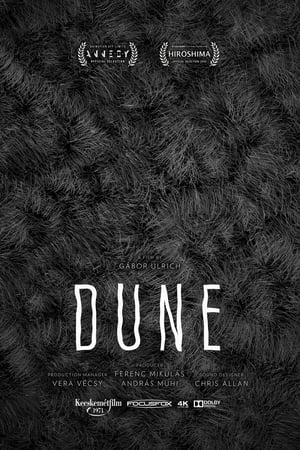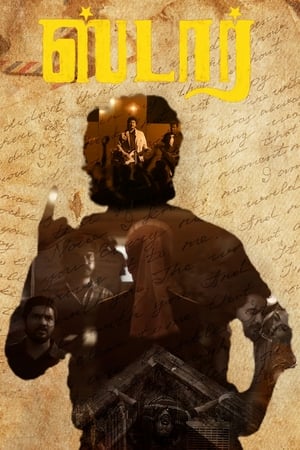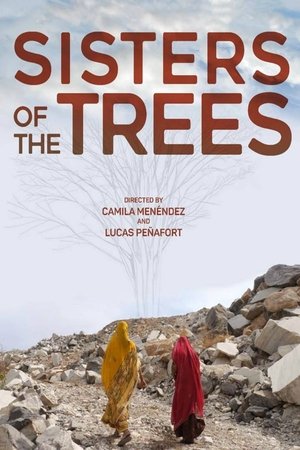
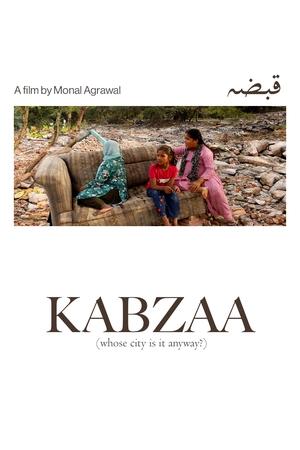
Kabzaa(2024)
whose city is it anyway?
Amidst the urban transformation driven by progress, bulldozers dismantle 'illegal' settlements, leaving countless lives shattered. In the aftermath of such upheaval, one basti, sacrificed to conceal poverty during the G20 summit, and another basti, abandoned by authorities without alternative housing, illustrate the stark realities of displacement. The film delves into the daily struggles of individuals who persist in the rubble of their former homes.
Movie: Kabzaa

Kabzaa
HomePage
Overview
Amidst the urban transformation driven by progress, bulldozers dismantle 'illegal' settlements, leaving countless lives shattered. In the aftermath of such upheaval, one basti, sacrificed to conceal poverty during the G20 summit, and another basti, abandoned by authorities without alternative housing, illustrate the stark realities of displacement. The film delves into the daily struggles of individuals who persist in the rubble of their former homes.
Release Date
2024-11-29
Average
10
Rating:
5.0 startsTagline
whose city is it anyway?
Genres
Languages:
हिन्दीاردوKeywords
Recommendations Movies
 9.0
9.0Tracker(hi)
The story revolves around Shalini, a single mother dealing with work and family issues while working in the security department of a nightclub. When a security breach shakes her workplace, the management enforces a new policy: mandatory smartwatches for all staff members to track their movements. Blamed for her team's incompetence, Shalini is pressured to enforce the device's usage or face severe consequences. Adding to her challenges is a young recruit from her village whose resistance further complicates Shalini's position. These seemingly innocuous devices, promoted as tools for safety and efficiency, soon reveal a darker purpose.
 5.5
5.5Don't Sleep(en)
After moving into a cottage together, two young lovers confront horrors of a forgotten childhood.
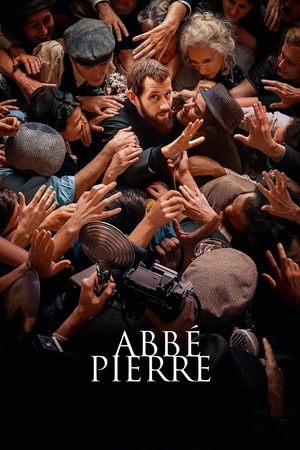 6.6
6.6Abbé Pierre - A Century of Devotion(fr)
The life of Henri Grouès, known as Abbé Pierre, from his time in the Resistance in WWII to his fights against poverty and for the homeless.
12(en)
After blowing his professional ballet career, John's only way to redeem himself is to concoct the demise of his former partner, Leah, who he blames for his downfall; he rehearses his salvation in his mind in the way that he rehearses a dance, but being able to break from the routine will be the key to his success.
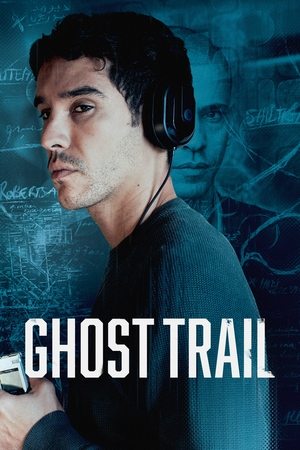 6.8
6.8Ghost Trail(fr)
Hamid is part of a secret group pursuing the Syrian regime’s fugitive leaders. His mission takes him to France, on the trail of his former torturer whom he must confront.
 5.9
5.9The Year I Started Masturbating(sv)
Ambitious overachiever Hanna just needs one more kid before her life is perfect. Instead, her baby daddy unexpectedly dumps her. Suddenly, she finds herself without a place to live, job or family. With every fiber of her being set for victory, Hanna refuses to give up and decides to win him back. But to get there means having to win something much more important, love and desire for herself and who she is.
 5.7
5.7The Last Night of Sandra M.(es)
Freely inspired by the life of the actress Sandra Mozarowsky, who died in 1977 when she fell from the terrace of her house in Madrid, the story will focus on the day before the accident, in which loneliness, fear and anguish in the face of a situation desperate mix with his dreams and ambitions.
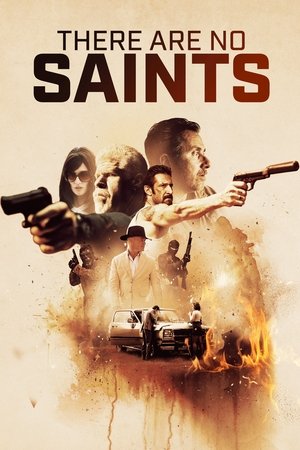 5.2
5.2There Are No Saints(en)
A man is imprisoned for a crime he didn't commit. When his wife is murdered and his son kidnapped and taken to Mexico, he devises an elaborate and dangerous plan to rescue his son and avenge the murder.
 5.2
5.2Ghoulies III: Ghoulies Go to College(en)
A college teacher brings the little creatures back to his campus, where they proceed to terrorize the faculty and students.
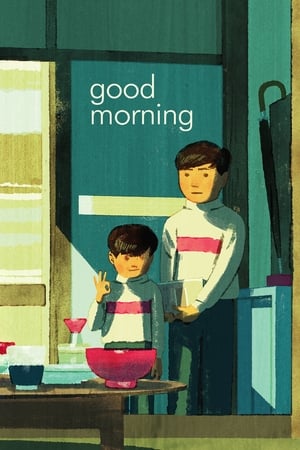 7.7
7.7Good Morning(ja)
A lighthearted take on director Yasujiro Ozu’s perennial theme of the challenges of intergenerational relationships, Good Morning tells the story of two young boys who stop speaking in protest after their parents refuse to buy a television set. Ozu weaves a wealth of subtle gags through a family portrait as rich as those of his dramatic films, mocking the foibles of the adult world through the eyes of his child protagonists. Shot in stunning color and set in a suburb of Tokyo where housewives gossip about the neighbors’ new washing machine and unemployed husbands look for work as door-to-door salesmen, this charming comedy refashions Ozu’s own silent classic I Was Born, But . . . to gently satirize consumerism in postwar Japan.
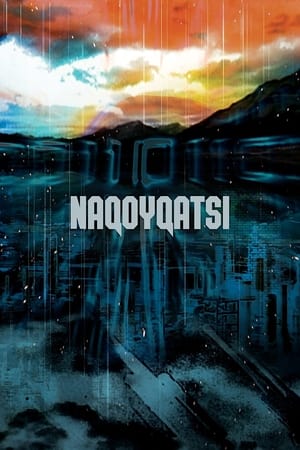 6.1
6.1Naqoyqatsi(en)
A visual montage portrait of our contemporary world dominated by globalized technology and violence.
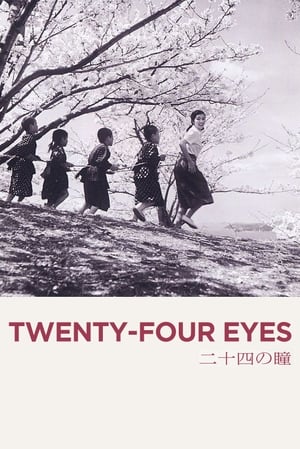 7.7
7.7Twenty-Four Eyes(ja)
From 1928 to 1946, the lives of 12 young people and their school teacher in a poor Japanese village are profoundly affected by historical events and personal circumstances.
 7.4
7.4Johnny Guitar(en)
On the outskirts of town, the hard-nosed Vienna owns a saloon frequented by the undesirables of the region, including Dancin' Kid and his gang. Another patron of Vienna's establishment is Johnny Guitar, a former gunslinger and her lover. When a heist is pulled in town that results in a man's death, Emma Small, Vienna's rival, rallies the townsfolk to take revenge on Vienna's saloon – even without proof of her wrongdoing.
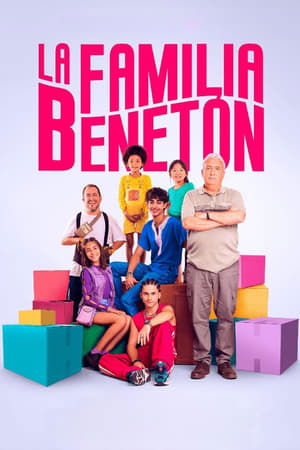 5.4
5.4The Benetón Family(es)
Toni, a grumpy in his fifties, avoids children at all costs. His life changes when he suddenly has to take care of his sister's five adopted children, each from a different country. Toni will have to deal with new parenthood and cultural differences.
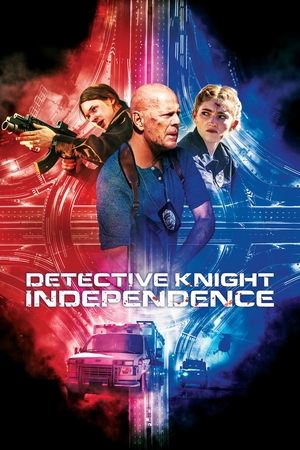 5.4
5.4Detective Knight: Independence(en)
Detective James Knight 's last-minute assignment to the Independence Day shift turns into a race to stop an unbalanced ambulance EMT from imperiling the city's festivities. The misguided vigilante, playing cop with a stolen gun and uniform, has a bank vault full of reasons to put on his own fireworks show... one that will strike dangerously close to Knight's home.
 6.3
6.3The No Man Zone. The Movie(ru)
What will happen if, as a result of biological warfare, almost the entire male population dies out? Women will grieve (for a short time), and then they will unite and create a new better world - with eco-towns, renewable energy, opportunities to do whatever they want, even science and biohacking, even yoga and self-development. Reproduction now occurs by artificial insemination, and only girls are born in the new world. But not everyone likes such a world order. Some of the surviving men and women loyal to them go to live in abandoned cities, begin to steal electricity, enjoying freedom and traditional sex. The tranquility of the ideally arranged female world is threatened when teacher Rada from the eco-city "Two Hills" meets the young "primate" Hera outside it.
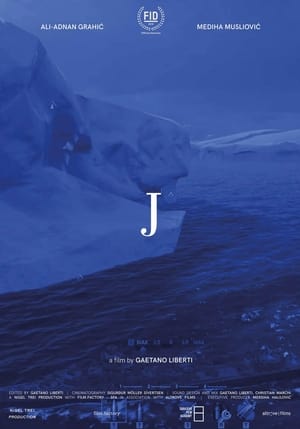 7.3
7.3J the Film(bs)
'J' tells the story of a man who lives an isolated life before encountering a woman that will open up, for a while, his controlled world. In 'J', time is at first an internal condition and, as the story unfolds, the effect of a mysterious mirror, where solitude is a condition of space itself and nearness and love are but a position of an impossible witness. Can space hold all the memories of a life without witnesses?
Similar Movies
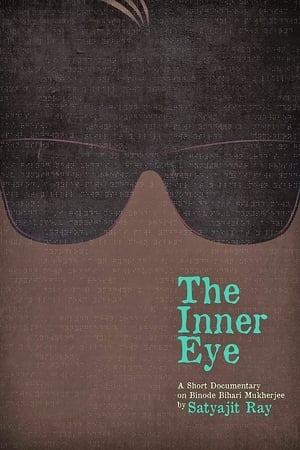 5.4
5.4The Inner Eye(hi)
At the age of 54, Binode Bihari Mukherjee, an accomplished painter, lost his sight following an unsuccessful cataract operation. He continued to create art despite his loss of sight. The documentary explores Binode Bihari’s inner eye that guides his fingers to create art.
 0.0
0.0Kamlabai(hi)
Conversations with 92 year old Kamlabai Gokhale, a pioneering actress of the Marathi stage and the first lady of Indian film. The documentary gives an impression of the history and growth of Indian film and theatre as it was experienced by a woman who struggled against the social structures of her times.
 0.0
0.0El apagón: Aquí vive gente(es)
“El Apagón: Aquí Vive Gente” is a documentary directed by Bad Bunny and Blanca Graulau. This 23-minute film explores the socio-economic challenges in Puerto Rico, focusing on the effects of power outages and gentrification driven by the real estate and energy sectors. Through visuals and personal stories, the documentary highlights the experiences of Puerto Rican communities facing these issues.
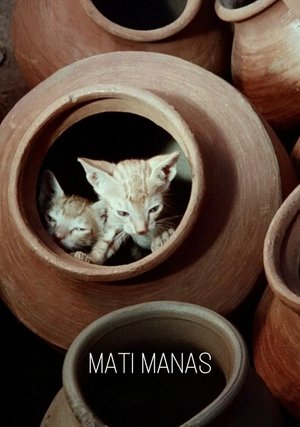 5.7
5.7Mind of Clay(hi)
In a poetic hour and a half, director Mani Kaul looks at the ancient art of making pottery from a wide variety of perspectives.
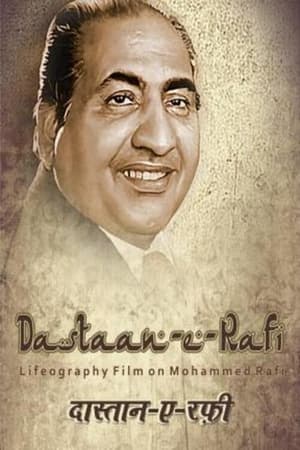 0.0
0.0Dastaan-E-Rafi(hi)
The biography of one of the greatest playback singers of Hindi cinema, Mohammed Rafi is a trip down memory lane. Fans of Rafi will love Dastaan E Rafi, a biography of celebrated singer Mohammed Rafi that showcases the celebrated singer’s extraordinary journey. The award-winning film by Shemaroo traces his life from his birth in Amritsar, to his struggle in Bombay before he got his break and his rise to stardom.
Beyond Ratings(hi)
Three women share their experience of navigating the app-world in the metro city. The sharings reveal gendered battles as platform workers and the tiresome reality of gig-workers' identities against the absent bosses, masked behind their apps. Filmed in the streets of New Delhi, the protagonists share about their door-to-door gigs, the surveillance at their workplaces and the absence of accountability in the urban landscape.
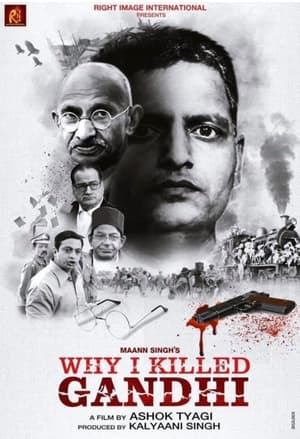 1.0
1.0Why I Killed Gandhi(hi)
Indian freedom fighter Gandhiji was killed by Nathuram Godse. But what made Nathuram Godse to take this extreme step?
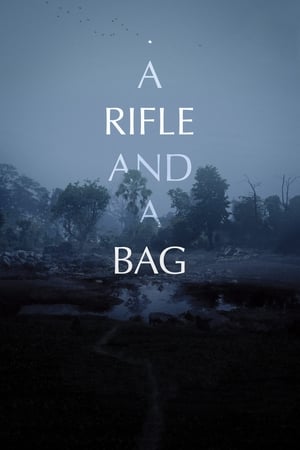 5.3
5.3A Rifle and a Bag(hi)
Somi is pregnant with her second child. A girl, she hopes. Together with her husband she prepares for this new phase of their parenthood. It means that their son has to go to school, but as an ex-Naxalite that is tough to achieve in contemporary India, where people like them are third-rate citizens. They lack the certificates and an opaque bureaucratic process doesn't help. Directors Isabella Rinaldi, Cristina Hanes and Arya Rothe of the NoCut Film Collective concentrate on Somi's close family ties, painting a portrait of ex-Naxalites in India. Once, Somi and her husband were communist rebels fighting for the rights of Indian tribes. However, to safeguard their family's welfare, they surrendered to the government in exchange for marginal compensation and simple accommodation.
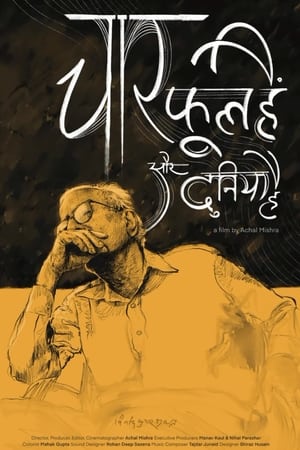 10.0
10.0Chaar Phool Hain Aur Duniya Hai(hi)
A meandering brook of moments from two afternoons spent with Vinod Kumar Shukla, his wife and son at their home in Raipur, saunters between the mingling geographies of past, present and future, drifting in and out of pauses – to ponder, to reflect, to reminisce, and to share.
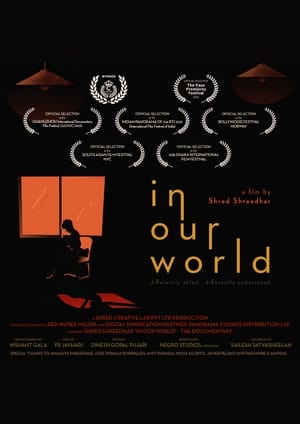 0.0
0.0In Our World(hi)
“Special,” “Gifted,” “Different,”… Despite the vast inventory of words to describe children who are on the Autism Spectrum, we still understand so little about their worlds outside of the medical lens. In Our World follows 3 children in their day-to-day lives – swimming classes, horse-riding, music lessons, special moments with their parents and therapists – and so much more, converging into a narrative that spells hope. The documentary aims to reveal the intricacies of their world and perhaps pave the way for OUR world, and for both to coexist with empathy and kindness.
 6.1
6.1India Cabaret(hi)
A documentary exploring the "respectable" and "immoral" stereotypes of women in Indian society told from the point of view of 2 strip-tease dancers in a cabaret house in Bombay.
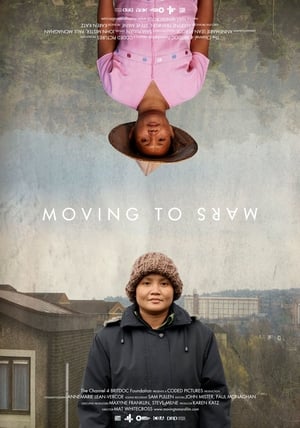 0.0
0.0Moving to Mars(en)
Moving to Mars charts the epic journey made by two Burmese families from a vast refugee camp on the Thai/Burma border to their new homes in the UK. At times hilarious, at times emotional, their travels provide a fascinating and unique insight not only into the effects of migration, but also into one of the most important current political crises - Burma.
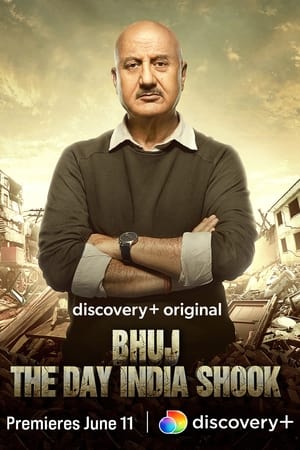 0.0
0.0Bhuj: The Day India Shook(hi)
The documentary talks about of the devastating earthquake of 2001 and captures first-person accounts of survivors, rescuers, journalists, photographers, and earth scientists.
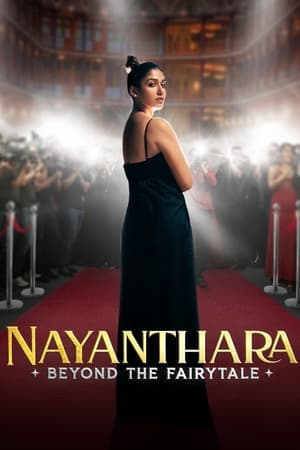 4.6
4.6Nayanthara: Beyond the Fairy Tale(en)
Celebrated actor Nayanthara looks back on her journey towards love and superstardom amidst personal struggles and triumphs in this intimate documentary.
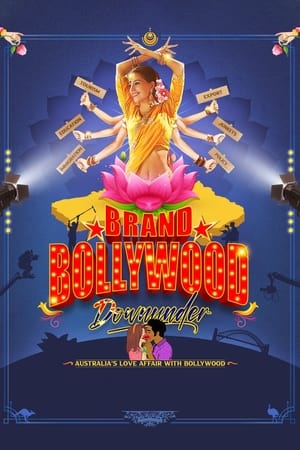 0.0
0.0Brand Bollywood Downunder(en)
When most people think about Australia, they picture massive sandy beaches, singlet-clad locals drinking beer, and kangaroos bounding through the dusty red outback. Saris, musical numbers, and masala are the furthest from anyone's mind - unless of course, you're one of the millions of Bollywood fans from around the world.
 0.0
0.0CycleMahesh(hi)
When a lockdown is announced in India, 22-year-old Mahesh finds himself stranded and decides to travel home on a rickety bicycle. He covers about 2,000 kilometers in seven days. It turns him into a national media hype.
 0.0
0.0WOMB: Women of My Billion(hi)
A young woman, Srishti Bakshi embarks on a monumental journey, walking almost 4000km over 240 days, from Kanyakumari in the south, to Kashmir, in the North, along the way meeting and learning first hand about the experiences of many women from all corners of India. WOMB is a poignant and heart warming documentary exploring the social and political issues faced by women of today’s India. It is a unique testament to seemingly insurmountable challenges in these unprecedented times and the everyday sheroes who are battling to overcome.
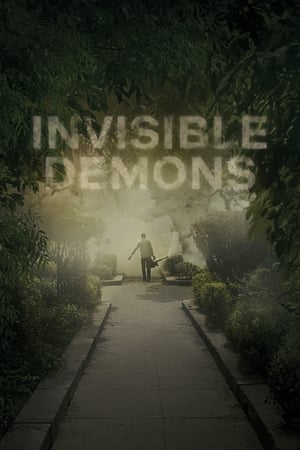 6.7
6.7Invisible Demons(hi)
A prismatic meditation on pollution in the capital of the World’s biggest free-market democracy and the most polluted and populated city, Delhi – a film about the pollution inside of the human mind.
 6.0
6.0Nocturnes(hi)
In the dense forests of the Eastern Himalayas, moths are whispering something to us. In the dark of night, two curious observers shine a light on this secret universe.
